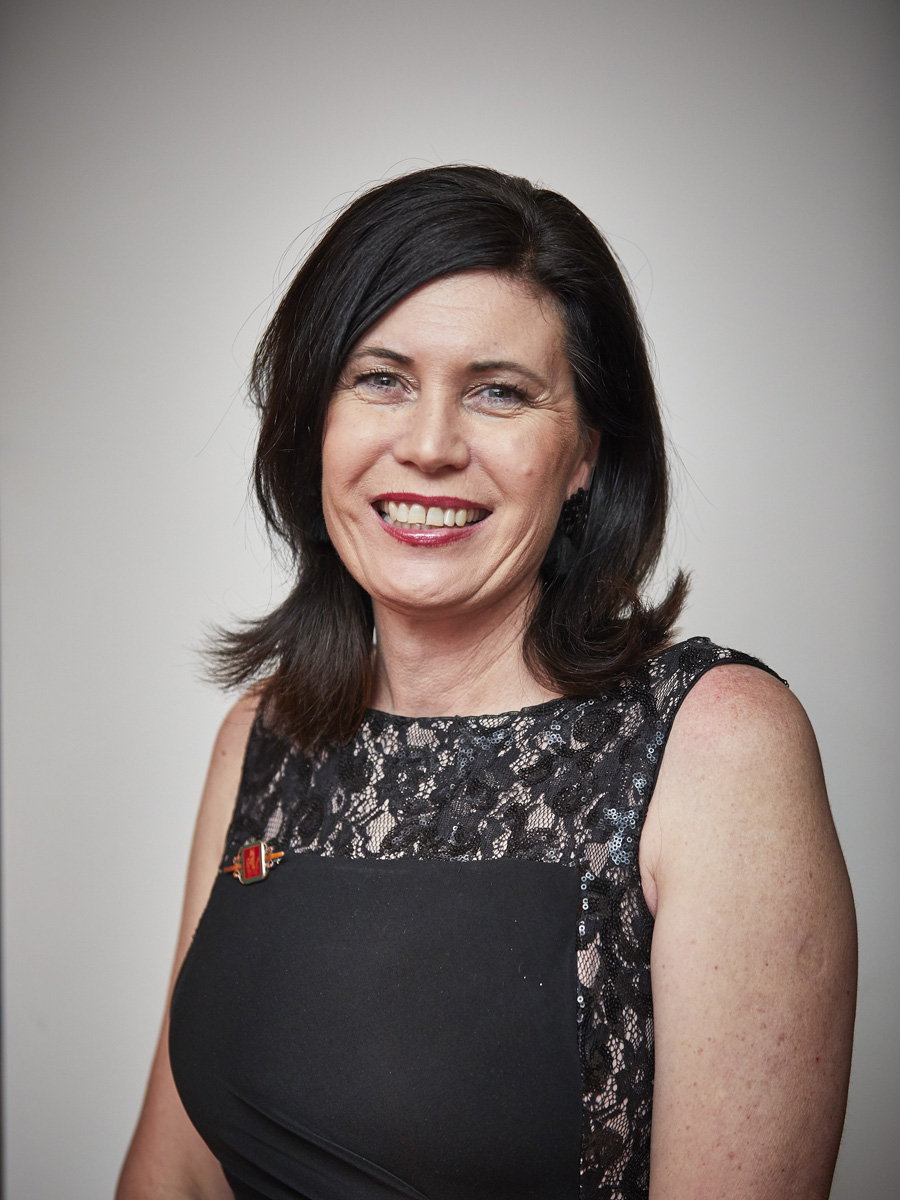
Kerri-Ann Lamb

Driving sustainability: trends and opportunities for the Australian potato industry
To ensure future sustainability and growth for Australia’s potato industry, it’s critical that producers continue to innovate to find responsive, modern and creative ways to meet consumer sustainability demands and expectations. That’s according to Kerri-Anne Lamb who with support from Hort Innovation investigated how potato farmers across the globe are responding to the challenges of a changing industry.
Travelling across Australia, New Zealand, Austria, Germany, Switzerland, Netherlands, United Kingdom, Ireland, Hong Kong and China, Ms Lamb met with growers, packers, product manufacturers, private companies, government institutes, retail outlets and trade shows to investigate drivers, emerging trends and opportunities for the potato industry. She identified five key factors that are driving change within the potato industry, including: environmental concerns both for consumers and producers, evolving consumer behaviour and consumption patterns, industry and messaging, retail, and marketing strategies.
“Despite being the third most important food crop in the world behind rice and wheat, the potato industry is facing a slow decline in consumption. While travelling it was very evident that successful farmers were those sharing their story with consumers, being transparent in their messaging and building trust between producer and customer. With consumers being increasingly focussed on ensuring social responsibility in their purchase decisions, it has become more important than ever to tell the right brand story, particularly through the shared connection between sustainability and environmental impacts. This has led to sustainable packaging becoming a major consideration within the potato industry, as many producers rely on plastic packaging due to its efficiency and presentation.
“I met with only one small New Zealand company making decisions around responsible product packaging, that considered future trends and buying habits. Oakleys Premium Fresh Vegetables in Southbridge, NZ, packages its potatoes into small, recyclable, carboard boxes that keep the potatoes cool, moisture-free and protected from light. This packaging is not only great for the shelf life of the product and the environment, but the pack size is convenient and on-trend with recent consumer buying habits, enhancing the possibility of a sale to a sustainability-conscious consumer.”
Kerri-Ann said declining consumption, profit margins and a growing focus to address sustainability challenges within the potato industry, has driven global innovation in both production and how the industry adapts to consumer trends.
“The potato industry has been operating the same way for a long time, but technology and automation is providing producers with the opportunity to address costs and maintain a competitive advantage. Travelling to Belfast, Northern Ireland, I met with the owners of Mash Direct, who have diversified their business, ranging from growing potatoes to providing mashed ready-to-heat potato products. Initially selling its products at the local market directly, Mash Direct is now in its sixth generation supplying independent supermarkets to their stable customer base. Having a strong customer focus, the business has built its expansion around sustainability and changing consumer trends by directly engaging with its customers and ensuring products are in line with their needs and expectations.”
Kerri-Ann said consumer preferences and eating habits are varied and complex, and for the potato industry to adapt, producers must look at diversifying business offerings to maintain business viability.
“Optimising waste streams has become an opportunity for the potato industry to develop and deliver a socially responsible, high-grade value waste product for human consumption. In Yorkshire, UK, I met with potato farmer, David Rolling, who developed Priority Vodka; a boutique potato vodka which is nurtured from seed potato to the bottle. Producing potatoes on their family farm, the potato vodka is made with fresh local spring water just down the road which minimises loss, waste and drives greater value to the business through diversification.”
Australian potato producers have the capabilities to develop strategic and innovative opportunities in response to evolving consumer demands and shift potatoes to the ‘centre of the plate’.
“Food is transforming, so the potato industry needs to develop a consistent messaging approach to consumers by having a better understanding of customer preferences and sending the right messages around health claims and sustainability,. Australian producers would benefit from better access to customer information in order to improve their product offering and identify and test new innovation opportunities. It’s vital that farmers continue to innovate to find responsive, modern and creative ways to meet challenges, and create a viable future. Across the supply chain, the potato industry must adapt to changing consumers perceptions to remain productive and profitable. Greater awareness and action to meeting customer expectations who are seeking a healthy, socially responsible products will be critical to future success and sustainability of Australia’s potato industry.”
Investor Information:
Hort Innovation is a not-for-profit, grower-owned Research and Development Corporation for Australia’s $9 billion horticulture industry. Hort Innovation invests more than $100 million in research, development and marketing programs annually.
Website: www.horticulture.com.au
Facebook: @hortinnovation
Twitter: @Hort_Au















